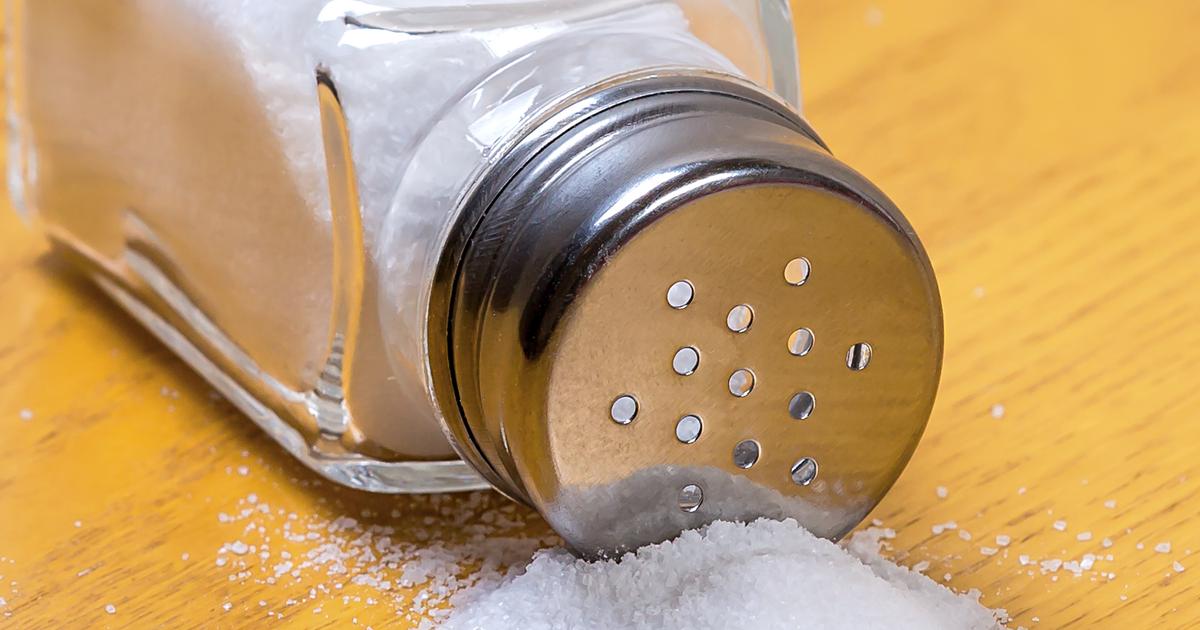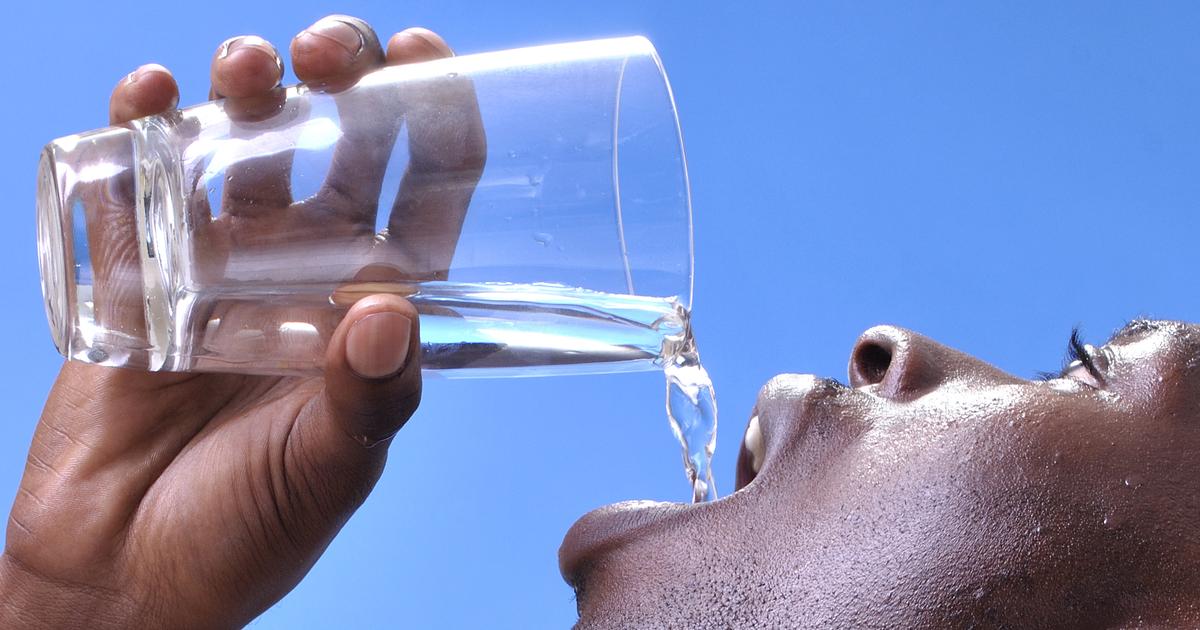Warning Signs Of Bartter Syndrome
Cravings For Salt

Cravings for salt are common in Bartter syndrome patients due to the adverse effects of their disorder. The tubules in the kidneys are responsible for filtering the blood of waste substances and salt to maintain homeostasis in the body. When blood volume is too low, salt is reabsorbed into the blood from the kidneys. When the blood volume is too high, the kidneys remove sodium from the blood for excretion through the urine. Individuals who have Bartter syndrome have a mutation in the gene that encodes how the kidney tubules should function.
The specific channel dysfunction varies between subtypes of Bartter syndrome, but they all cause a disturbance in the salt reabsorption process. This malfunction results in too much salt being removed from the body through the urine. The mechanism the body uses to maintain a healthy blood pressure relies on the ability of the kidneys to absorb and reabsorb salt. This mechanism becomes impaired in Bartter syndrome, prompting the body to seek sources of sodium and fluids elsewhere. One method is increasing the individual's cravings for salt. Increased salt intake allows for better fluid retention, which helps replace the excessive quantity of salt and fluids being removed through the urine.
Severe Thirst

Severe thirst is a prevalent symptom in individuals with Bartter syndrome. The underlying abnormalities in the kidneys of individuals affected by Bartter syndrome cause the loss of chloride, potassium, and sodium through the urine. The fluid balance in the body relies on sodium. The body requires a perfect ratio of fluid and sodium. If sodium concentration is greater in one tissue than another, water is pulled from lower sodium tissues to the high sodium tissue, and if this concentration is lower in one tissue than another, water is forced away from the low sodium tissue to tissue with more sodium.
Fluids follow sodium when referring to the human body. This mechanism is helpful in individuals with kidneys that allow for sodium movement to and from the blood. However, kidneys affected by Bartter syndrome cannot reabsorb salt into the blood when it is needed. This malfunction means the concentration of salt in urine is always greater, so fluid is constantly pulled from the blood to the urine to correct the imbalance. This dysfunctional process causes dehydration, which tells the brain to induce severe thirst.
